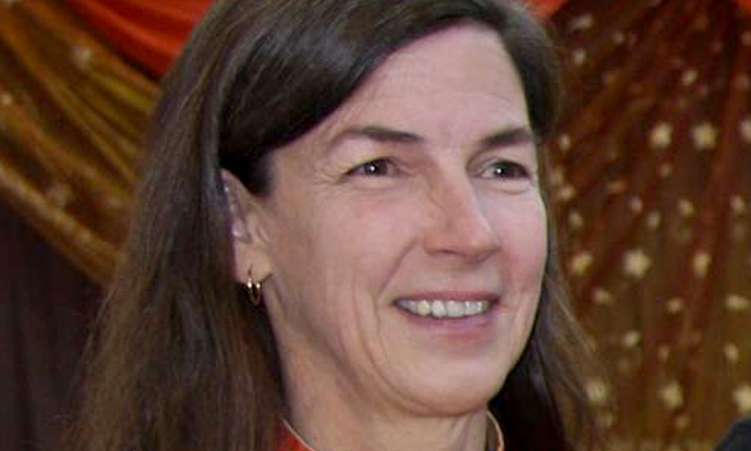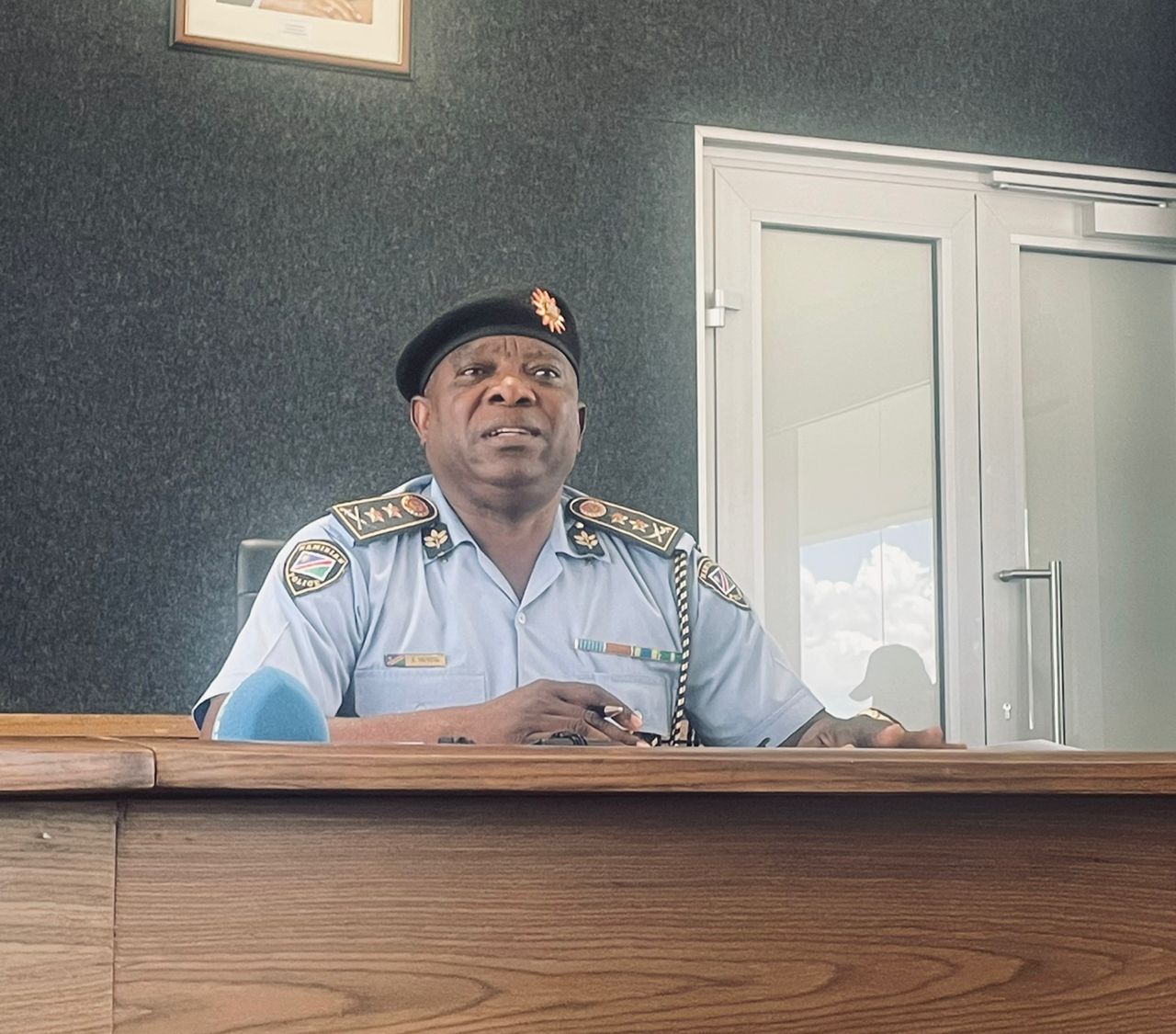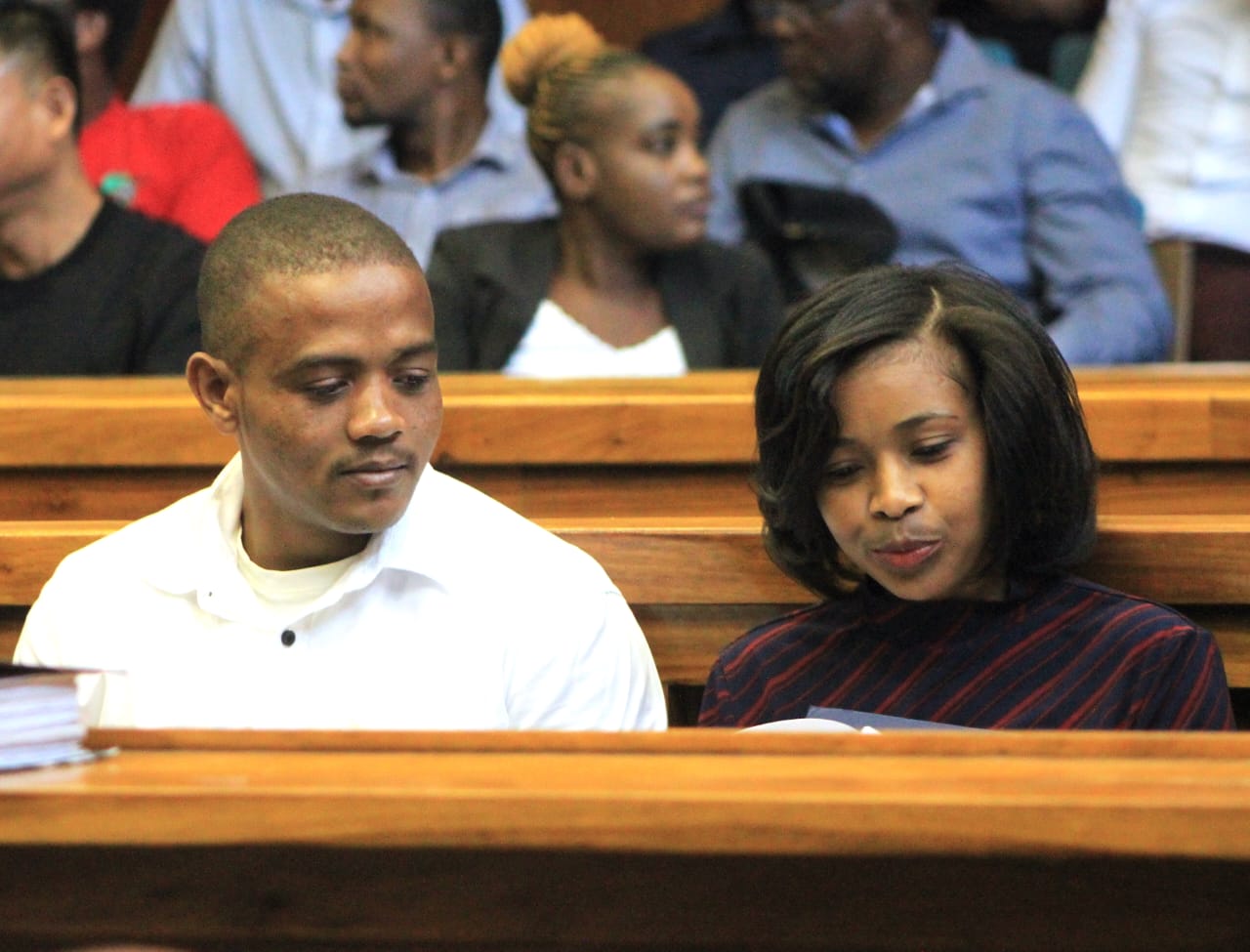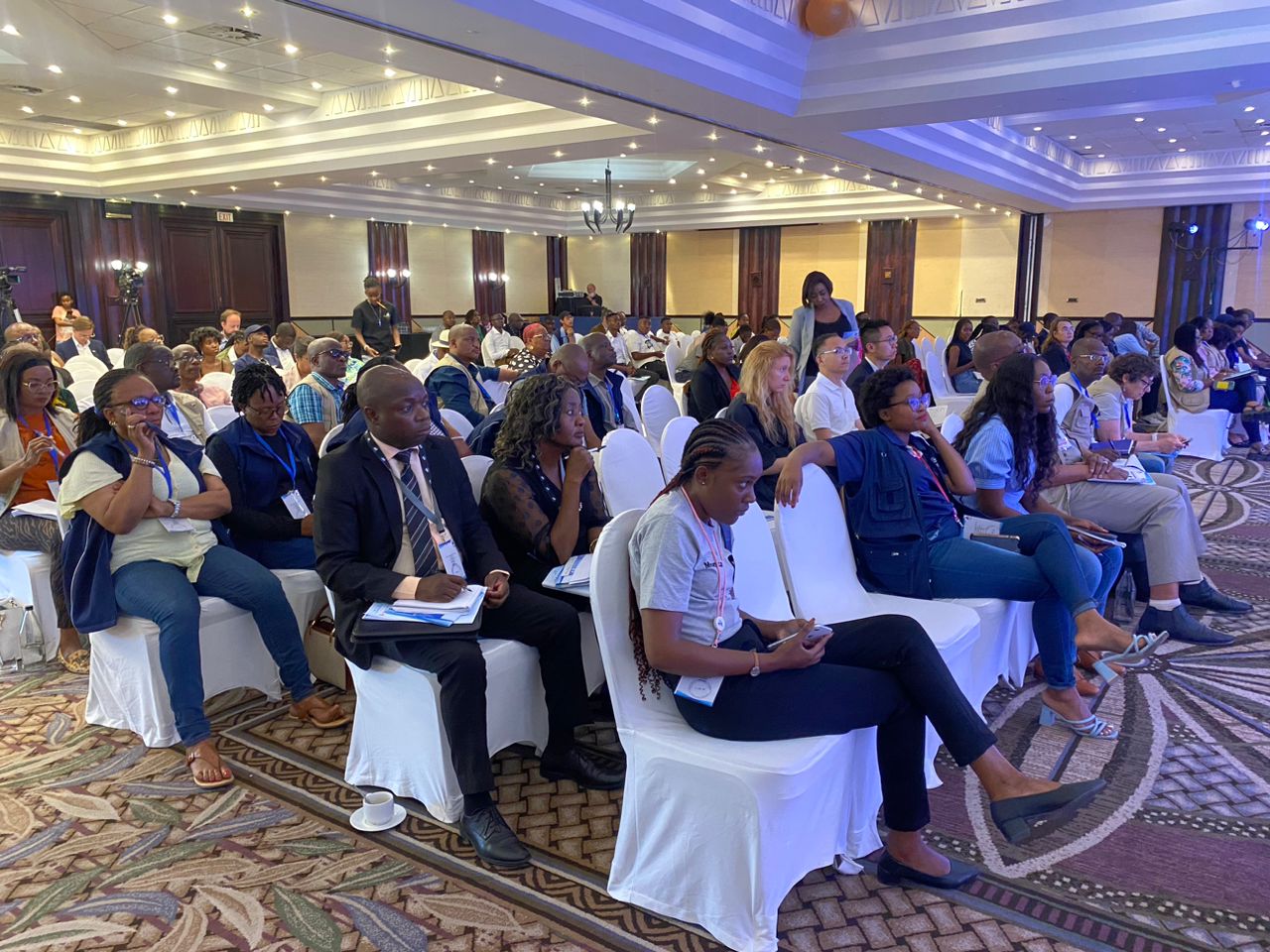The problem of underage drinking has been in the news recently. What does the law say about this issue?
First of all, why is underage drinking dangerous?
Alcohol is dangerous for people of all ages in many ways.
Overindulgence can lead to fatal accidents (from car crashes to falls to drowning), or kill people outright from excessive alcohol in their systems.
Because alcohol impairs judgement, it can lead to unsafe sexual behaviour, aggressive or violent conduct or risky actions that result in injury.
People impaired by alcohol are also more vulnerable to being physically or sexually assaulted or becoming involved in criminal activities.
Underage drinking can also interfere with brain development, which can negatively affect intellectual capacity and school performance; it also puts children at a higher risk of developing drinking problems later in life.
What is the legal drinking age?
In terms of the Liquor Act 6 (1998), the legal drinking age is 18.
It is illegal for a person under 18 years old to consume, produce, or possess wine, beer or spirits, as well as tombo or any other drink with an alcohol content of 3% or more.
It is not illegal for a person under 18 to buy alcoholic drinks – but it is illegal for anyone to sell them alcohol.
In any event, anyone under 18 who buys alcohol, possesses that alcohol as soon as the sale is complete – which is illegal.
How is this rule enforced?
Police can confiscate alcoholic drinks in possession of an underage person without a warrant. This applies regardless of whether the container is opened or unopened.
What are the rules for sellers?
It is illegal to sell or otherwise supply alcohol to a person under 18. There is a legal duty to take reasonable measures to determine the age of a person seeking to obtain alcohol – such as demanding an identity (ID) document.
Are children allowed to be present in bars and shebeens?
It is illegal to allow anyone under 18 to be in a licensed or unlicensed bar, shebeen or night club – but there is an exception for children in the company of a parent, guardian or caregiver.
The proprietor has a duty to take reasonable steps to determine the age of any young person before they enter the premises (such as demanding an ID) or to confirm that an accompanying adult is really the child’s parent, guardian or caregiver (and not just a mate or older boyfriend/girlfriend).
This rule can help prevent situations where older youths buy alcohol for the underage drinkers at their party.
What about children who fake their ages?
It is illegal for an underage person to falsely represent themselves as being old enough to drink or old enough to enter a shebeen or a night club.
This would apply, for example, to children who present a false ID or an ID belonging to someone else, or simply lie about their age.
It is also illegal to help an underage person fake their age to get access to alcohol – such as by providing them with a false ID or loaning them an ID that belongs to someone else.
A proprietor who suspects that an ID seems fishy has a legal duty to confiscate the ID and hand it over to the police within 48 hours for investigation.
Are there any other legal protections that apply to children and alcohol?
It is illegal for anyone, including a parent, to coerce a child under 18 to drink alcohol.
Proprietors of places that sell alcohol also have a duty not to endanger a child by providing alcohol to an intoxicated parent, guardian or caregiver accompanying the child.
A drunk parent is simply not in a position to properly protect a child in their care.
What are the penalties for breaking these rules?
A person under 18 can be fined up to N$300 or be required to attend an educational programme on the dangers of underage drinking or both.
There is no provision for imprisoning children for alcohol offences because the goal is to discourage underage drinking, not to criminalise children.
A social worker can assist a child who is addicted to alcohol and is not receiving support to tackle the problem.
An adult who breaks one of these rules can be fined up to N$5 000, imprisoned for up to one year or required to attend an educational programme on the dangers of underage drinking – or some combination of these penalties.
A person can lose their liquor licence if they’re repeatedly convicted for selling alcohol to underage persons or illegally allowing underage persons on their premises.
They can even be disqualified from ever holding another liquor licence if they repeat these offences.
Is public drunkenness illegal?
It is illegal for a person of any age to drink in a public place or to be drunk in a public place. This includes being drunk, violent or disorderly at licensed premises.
What about getting children drunk for purposes of sex?
It is illegal for anyone to give a child any drug or intoxicating liquor with the intention of engaging in sexual conduct with that child or enabling someone else to do so.
This is a serious offence under the Combating of Immoral Practices Act 21 (1980), punishable by imprisonment of up to 10 years.
If so many legal tools are in place, why is underage drinking still happening?
The law makes a difference only when it is strictly implemented.
Underage drinking will not stop unless the legal rules are taken seriously and offenders are punished.
So, we should all support the planned police campaign against underage drinking and help protect Namibia’s children.
- * Dianne Hubbard is a legal consultant with many years of experience in public interest law and a passion for trying to make legal issues clear and accessible.
Stay informed with The Namibian – your source for credible journalism. Get in-depth reporting and opinions for
only N$85 a month. Invest in journalism, invest in democracy –
Subscribe Now!






